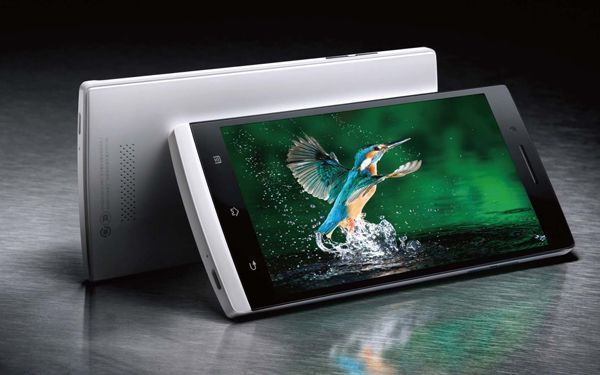A festival
 When not reading the texts on the banners, the occupied area in Admiralty on Hong Kong island, feels rather like a festival than a protest site. People are holding dance performances, folding little umbrellas and sticking colourful post-its on walls. Hong Kong students are very well aware of the visual communication that will spread their message through social media. Where the protest-generation that came before these teenagers and twenty-somethings had to rely on official journalist and freelance press mosquitos, now every by-passer is a publisher. Contrary to traditional press, these publishers care little for speeches and interviews. The nicer the pictures, the more chance of it being shared on social media. Hong Kong people love taking pictures and love sharing them even more.
When not reading the texts on the banners, the occupied area in Admiralty on Hong Kong island, feels rather like a festival than a protest site. People are holding dance performances, folding little umbrellas and sticking colourful post-its on walls. Hong Kong students are very well aware of the visual communication that will spread their message through social media. Where the protest-generation that came before these teenagers and twenty-somethings had to rely on official journalist and freelance press mosquitos, now every by-passer is a publisher. Contrary to traditional press, these publishers care little for speeches and interviews. The nicer the pictures, the more chance of it being shared on social media. Hong Kong people love taking pictures and love sharing them even more.Selfie with the Umbrella Man
That's why art is quickly emerging
at the occupied sites; more than chanting or singing: this will virtually spread the message. 'The Umbrella Man' statue that was created overnight with small pieces of wood, has become a true icon with whom you can make great selfies. The umbrella tree on the other side, makes for a colourful composition to lighten up your Instagram. Thousands of pictures are made on a daily basis and many are being shared on social media. This way he reach of the protest is being spread far beyond the 3 physical places that are being blocked. Even tourists from mainland China can't resist the colourful displays and snap away with their phones, unfortunately risking being censored on Chinese social media. Hong Kongers on the other hand, still have the freedom to post and say whatever they like.
Emerging marketeers?
The interesting part is: Hong Kong has never been the most creative city in the world. In this financial hub the focus for students is on education and test-scores to ensure a well paid job at a large company. Nothing brings Hong Kong parents more pride. That is why most mums and dads are not particularly thrilled with the thought of their smart kids wasting valuable school time on folding umbrellas. But unlike their parents, these youngsters know that they have to keep the masses entertained to hold sympathy and spread ideas. Besides politics, marketing is a very important part of their movement. If all else fails, some of those kids might have found themselves to be great artists or marketeers instead of bankers and accountants.

































